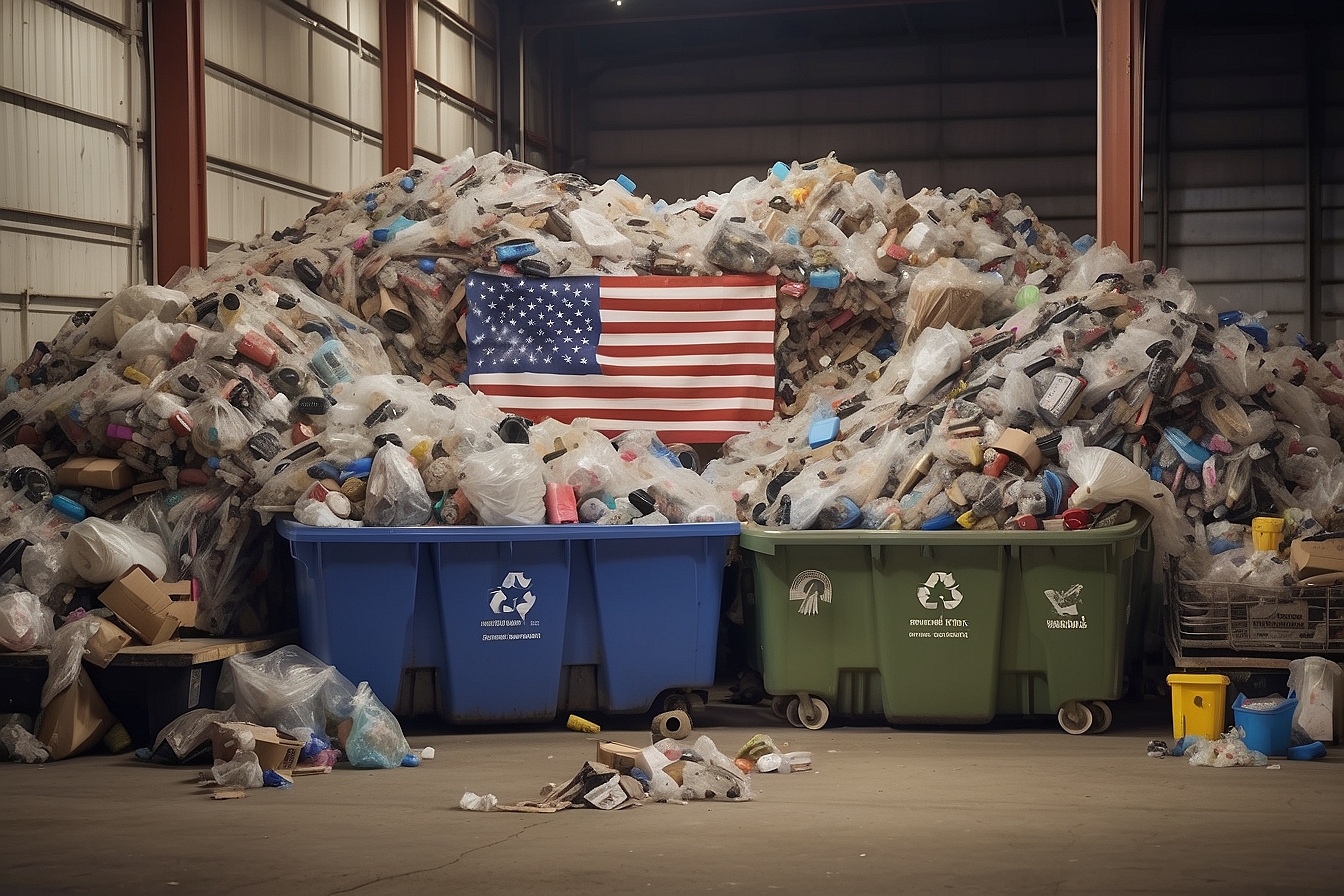A social movement called dumpstering1 is one of the most repulsive and fascinating environmental movements, and has regained popularity over the last few years.2 Also known as dumpster diving3, urban foraging4, and freeganism5, dumpstering is basically the act of looking through dumpsters to find food, furniture, and household items to use. Dumpster diving has practically been around since the invention of the dumpster, but rather than just doing it for the sake of frugality, people dumpster dive out of concern for the environment.

Every year, about 100 billion pounds of food gets thrown away in the United States, more than enough to feed over a sixth of the nation’s population.6 In Britain, about a quarter of the food that people buy gets thrown away.7 Dumpster divers can usually find a lot of perfectly good food that just gets thrown away and wasted if taken to a landfill. And it’s not just good food that gets thrown away—dumpster divers can often find tons of furniture, clothing, and other goods that they can use themselves, sell, or give away to people who need it most.8 It’s the most proactive method of recycling to date.
Despite the environmental benefits of dumpstering, most people are turned away either by the social stigma against rummaging through trash or the physical danger of rummaging through dumpsters full of pests, rotting food, and unknown hazards. Dumpster divers insist that it’s not that bad. Any embarrassment or initial disgust is soon overridden by the pure joy of finding free food, furniture, and general goodies. After all, what’s better than helping the environment and getting free stuff for it?9 Many have acquired enough practice to subsist almost entirely off of the diverse food found in the dumpster after only a weekly dumpster diving session of less than an hour.10
If you want to try dumpster diving yourself, here’s a few tips from some people that have experience. Although federal laws don’t outlaw dumpster diving, make sure not to trespass and to check your local laws to make sure it’s legal. Go at night, when fewer people will be asking questions, and bring a flashlight. Wear durable shoes and not-so-special clothes, since you’ll probably find yourself wading through unpleasant substances and smells. Bring a stool, bags, a long pole with a hook, antibacterial lotion, and a first-aid kit.11 Don’t make a mess, since this can prompt dumpster owners to try to deter people from getting to the dumpster again.12 Don’t eat perishable foods that spoil quickly, like animals/meat, soy, or tomato products. Inspect and smell the food carefully for any contaminants or chemicals that might have gotten into it; especially be on the lookout for dumpsters from businesses that pour bleach over food trash to try to deter dumpster divers.13
If you think that sounds hard, just think about freegans. Freegans try to live entirely off of the food and goods found from dumpster diving. Traditionally done by those who have been rejected by consumerist society, dumpster diving is now used as a way to reject consumerist society. The word “freegan” comes from a combination of “free” and “vegan”, although not all freegans are strict vegans, since many prefer not to waste perfectly good meat already in the trash. They live off of trash out of choice, not need. By remaining unemployed, scavenging or growing their own food, and refusing to pay for goods, freegans extricate themselves from participating in the market system and from contributing more waste to landfills.14 Freegans are the ultimate anti-consumerists, not only refusing to “keep up with the Joneses”, but attempting to reduce the waste of those who do. Although their scavenger livelihood depends on other people’s waste, freegans insist that they’d rather society not have that waste.
Of course, dumpster diving doesn’t have to be part of a radical lifestyle choice. Charities and even corporations have used the concept. Food Not Bombs, a nonprofit organization founded in 1980, is the most famous example of this. It uses donated food and salvaged food found in dumpsters to make vegetarian meals to feed the homeless.15 Burt’s Bees, a natural body products company, had workers rummage through company garbage in Hazmat suits and found enough recycling potential to generate $25,000 in savings. After hundreds of its employees sorted through some of the garbage they generated by hand, they started realizing the kind of trash they were generating, and the company soon went from 80% to 98% recycling compliance. Companies like Quality Bicycle Parts and Interface, Inc. have discovered that dumpster diving can be quite profitable; they sorted through their trash and sold recyclables worth hundreds to hundreds of thousands of dollars per year.16
Paradoxically, it seems that dumpstering has been used both to reject and support consumerist society. Whether you view dumpster diving as a rejection of the market, a way to fill in the cracks of the market, or an extension of the market, dumpster diving reduces waste, which is good for the environment. Perhaps more important than physically getting rid of the waste, dumpster diving makes us question why we, as a society, are so wasteful.





